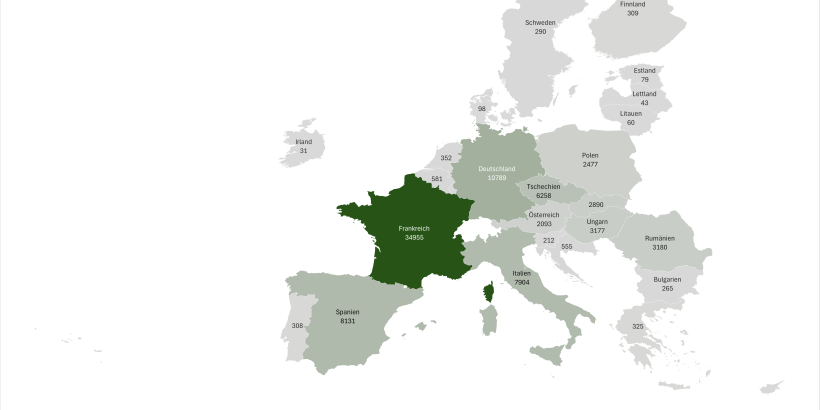Last week, the European city network CSPF (Cities for Sustainable Public Finances) met in Amsterdam to discuss EU tax policy and environmental, social and governance (ESG) issues.
European cities are already active in a number of "E" areas and instruments such as green budgeting are in preparation. With the Green Agenda, the European Union is also gaining ground here.
On the other hand, the "S" is still a developing field. Although creating added value for the public is a core task of cities, the systematic approach to social impact is less prioritised in current European discussions. (not to mention the "G").
Nevertheless, cities need a holistic approach to improve environmental, social and governance sustainability. The ecological transition will only be successful if social impacts are also taken into account. This is of paramount importance for cities and their democratic foundations.
Some interesting practices from the CSPF meeting and key learnings:
- Need to develop frameworks (e.g. ESG hubs) between the city and the university for the private sector; the "Social Return Bureau" as an inspiring example in Amsterdam;
- ESG vs. EU taxonomy: investing in new technologies to promote climate change cannot only be in the hands of citizens and public sector actors, but needs the involvement of companies; interesting insights from Austria;
- The City of London Corporation has created interesting focal points and instruments for both people (with dimension clusters) and wealth (transferring the S to the private sector);
- A shift in funding of the S wealth economy from fund and financial silo driven measures to performance based programmes in the municipality of Trondheim;



